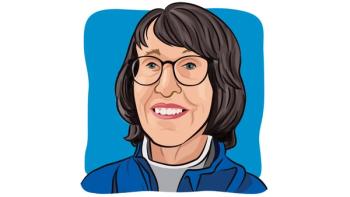
As I reflect on my lung cancer journey, I look back to the 2018 holiday season, feeling comfortable and at peace.

Suzanne (Sue) McCarthy is a comparatively new writer. Sue graduated the University of Delaware, with a Bachelor of Science degree in Education. After working in several nontraditional academic positions, she started her home-based tutoring business and in 2022 celebrated twenty-five years as a self-employed tutor and business owner, serving school aged students in the Pittsburgh, PA area.
Sue felt inspired and motivated to tell her story, and embarked on an informal six-year journey to completed her memoir. Sue worked with two writing tutors, after realizing she couldn't simply teach herself. Her only experience had been periodic journaling. Her memoir, Learning to
Thrive: A Journey from Adversity to Joy and Fulfillment, was recently published.
Sue lives in the North Hills of Pittsburgh, is married, has three adult daughters, and nine grandchildren.

As I reflect on my lung cancer journey, I look back to the 2018 holiday season, feeling comfortable and at peace.

Bernadette’s strength and optimism lifted me through my own cancer journey and reminded me how much one person’s compassion can change how I move through each day.
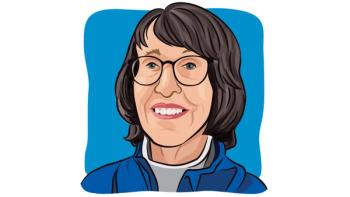
During my cancer journey, anticipatory anxiety made me ask “what if” questions, but reframing them with hope helped me stay positive and improve my chances of surviving.

My first oncologist got me started with positivity in my cancer journey, which I was thankfully able to internalize.

Prior to my diagnosis with Stage 3B Lung Cancer, I had spent many years reading self-help books. I worked hard, but never felt successful, or took pride in myself.
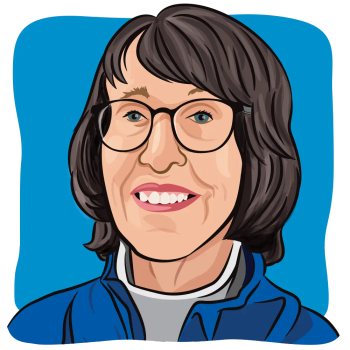
Receiving a “Stand Up to Cancer Day” email gave me the strength to support a friend through her darkest cancer days.
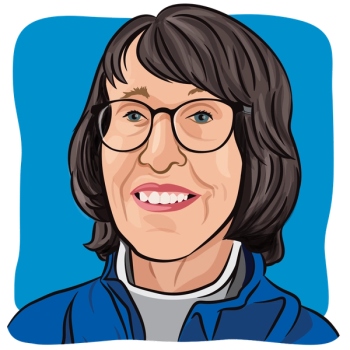
In a defining moment for both my husband and me, we learned of the need for and the meaning of support during a cancer journey.

Through three family cancer diagnoses, and my own life-threatening stage 3b lung cancer verdict, family support and reconnection helped support me.
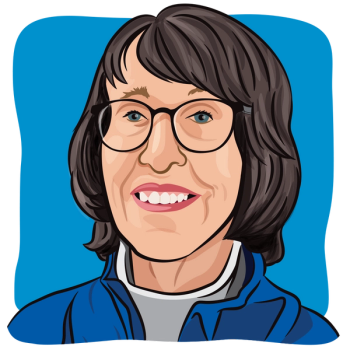
After attending several cancer support groups, I reflect on what makes them helpful, inclusive and healing — and invite others to share their insights too.

I was diagnosed with breast cancer, then lung cancer 17 years later — and both ultimately led me to make meaningful, positive changes in my life.

I entered remission from lung cancer 5.5 years ago, but faced a tough road readjusting, with ongoing physical, mental and emotional challenges.

Those of us who’ve survived our cancer treatment journeys need to be role models to those who follow us.

If there is ever an annual follow up CT scan that does not cause me significant anxiety, this year will be the one.
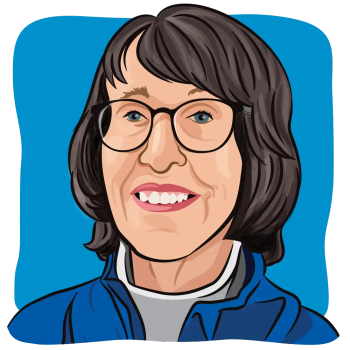
I want my family to understand our shared cancer risks, but I sometimes struggle to face the painful reality of the disease myself.

The strongest connections I’ve made are with others who have also been through their own cancer journeys.

Life-threatening lung cancer has taught me many valuable lessons and made my new normal so fulfilling.

After realizing that a stronger support system would have helped me emotionally and spiritually in my cancer journey, I committed myself to being there for my cousin.

Diagnosed with stage 3B lung cancer in 2018, I joined a support group where I met Jim and Melanie, and learned about Jim's sarcoma diagnosis.

Following a lung cancer diagnosis, I learned that it is important to ask oncologists thoughtful questions to know if they are the best doctor for my needs.

Through cancer and life’s challenges, having and showing gratitude changed everything for me.

After cancer treatment, I wanted to go right back to living my life normally, but a fellow CURE blogger’s post reminded me that rest is necessary too.

During my lung cancer journey, I learned a few important ways to help me lessen the apprehension I felt, including meditation.

As someone who disliked pink for years, it has grown on me over time, especially after having breast cancer.

When I was diagnosed with lung cancer, I didn’t want to receive chemotherapy, especially when I was a good candidate for immunotherapy.

Two vastly different approaches to navigating the cancer journey may or may not be mutually exclusive.

I’ve been involved in the cancer community — in one way or another — since the 1990s, when my mother was facing breast cancer.

A friend of mine is strong in her faith and is living well with a stage 4 cancer diagnosis. She is someone I look up to in these matters.

When I started receiving chemotherapy for stage 3B lung cancer, I initially felt hopeless.

My reliable primary care physician was such an important asset in navigating multiple cancers.

I believe I have hereditary cancer, especially after my daughter was approved to receive genetic testing for breast cancer.
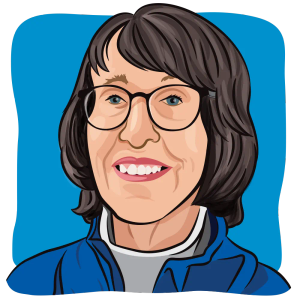
Published: May 5th 2025 | Updated:
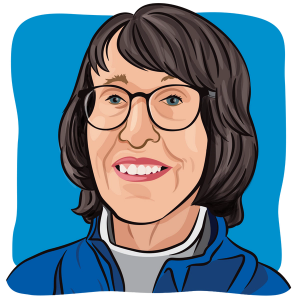
Published: July 31st 2024 | Updated:

Published: March 11th 2025 | Updated:

Published: January 21st 2024 | Updated:

Published: March 22nd 2024 | Updated:

Published: February 13th 2025 | Updated: